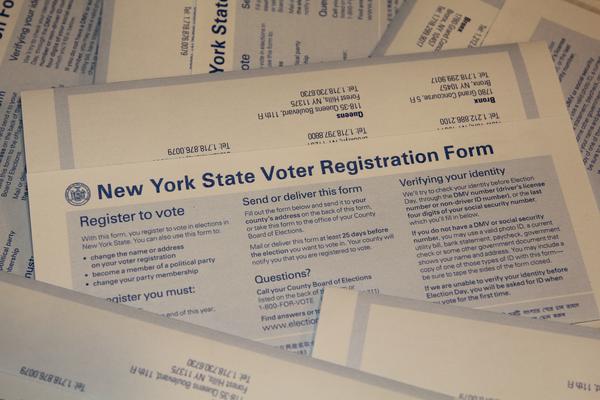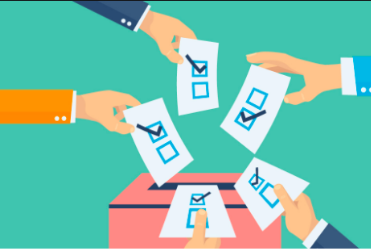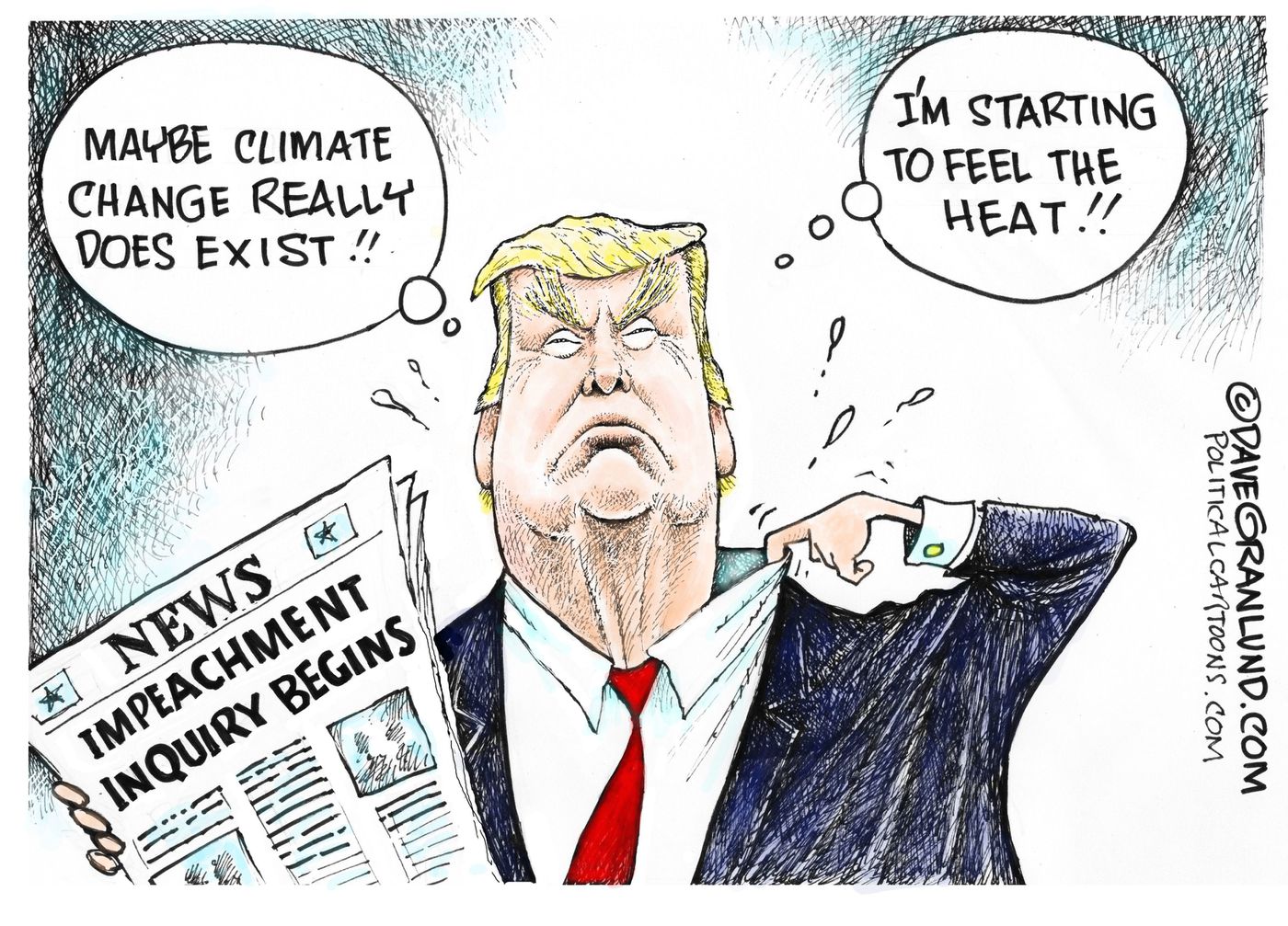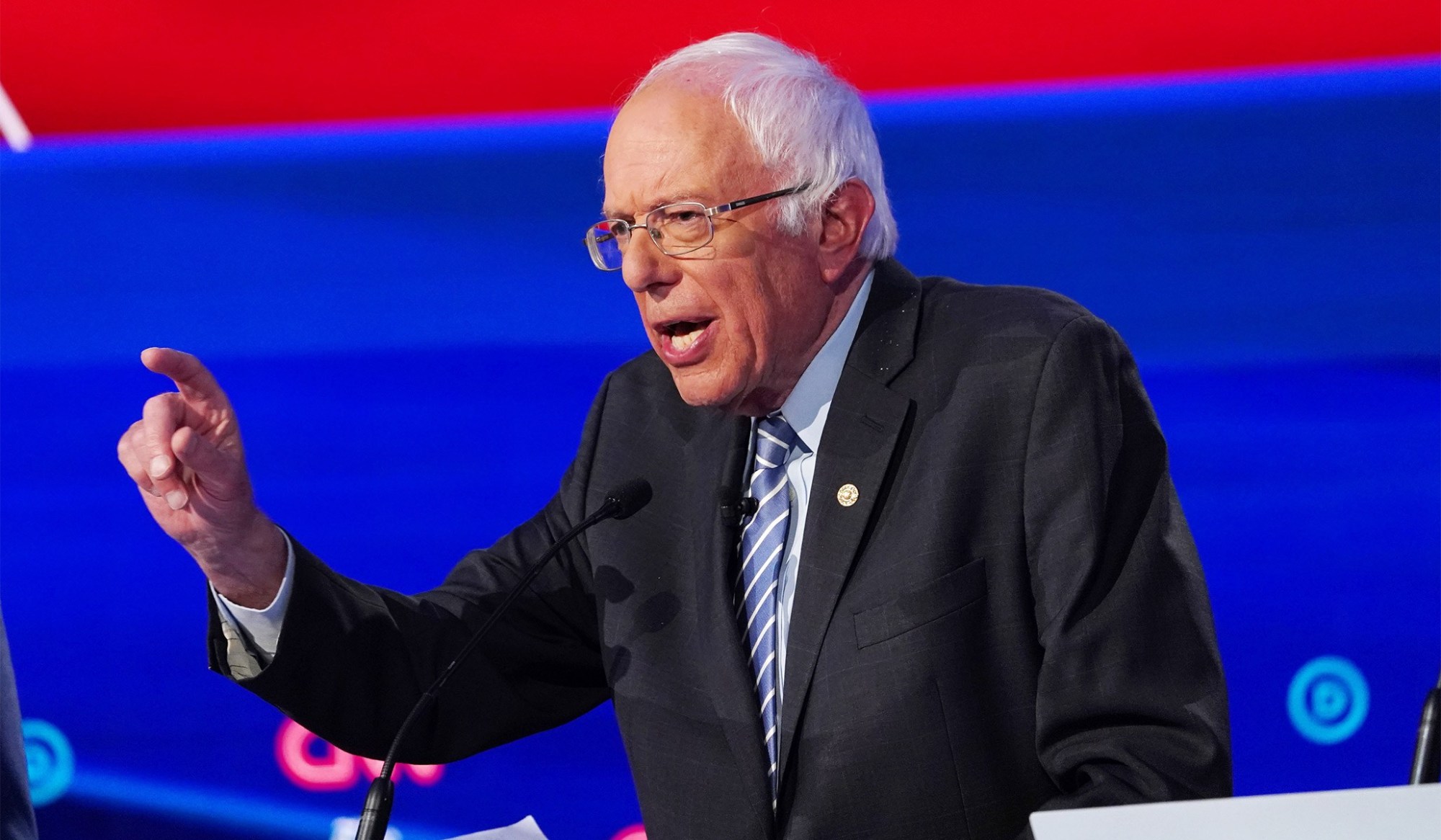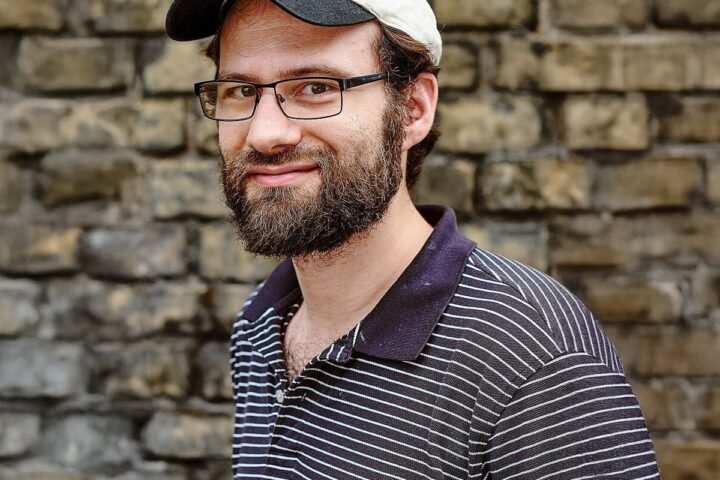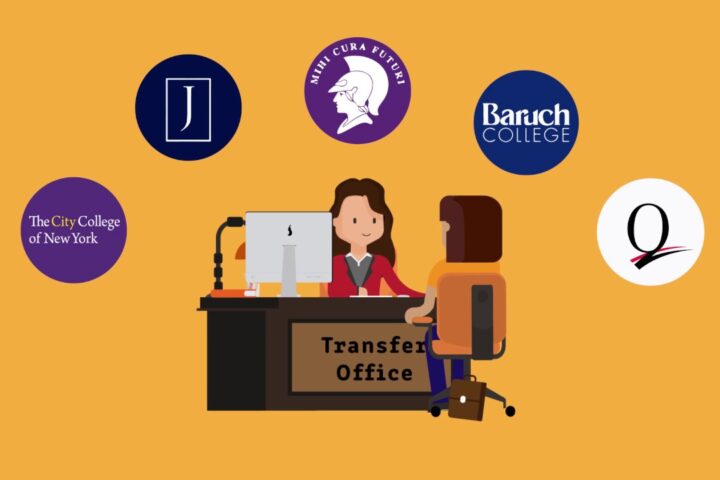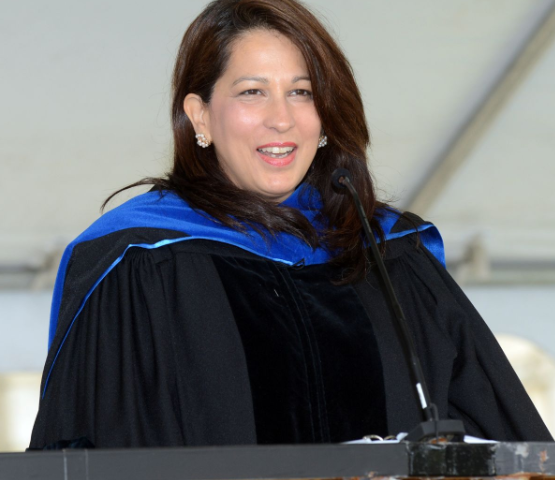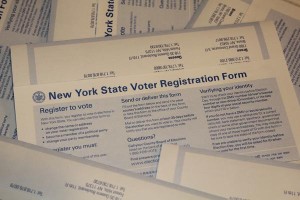
A voter registration form any New York State resident can use to register.
As the New York State presidential primary election approaches, the New York Public Interest Research Group is working to increase voter registration on campus.
New York ranks 46th out of 50 in state voter turnout. NYPIRG, New York’s largest student-direct government watchdog group, hopes to change this.
Franklin Rodriguez, senior majoring in psychology and sociology, is an intern with NYPIRG and felt that low-voter turnout in America is a cause of concern. In the 2014 mayoral campaign, only
11 percent of young voters aged 18 to 25 turned out. Rodriguez said barriers preventing underrepresented groups are affecting voter turnout.
“America, in general, has the lowest number of people registered to vote compared to other developed countries. Under 50 percent of the country votes. The reason, in my opinion, is in the way the laws are structured. It’s very difficult to vote, and this turns voters off,” Rodriguez said.
Ali Kirkpatrick is a project coordinator for NYPIRG. Kirkpatrick emphasized the organization’s main goal is to increase voter turnout, as one of NYPIRG’s goals is to implement automatic voter registration at the age of 18.
“Our main concern is the student vote, making sure the youth vote is more empowered and able to go out and participate in democracy,” Kirkpatrick said.
An issue that faces student voters is that certain voter rights are not common knowledge. As a result, NYPIRG educates voters on the various options that are available to them. If students do not know if there is something wrong with their voter status, they can cast a provisional ballot.
New York State law also requires employers to provide two hours of paid leave for employees to vote if they do not have four hours of consecutive free time before their shift begins.
Another issue that may pose a threat to voter turnout is, for already registered voters, the inability to change political parties. The last day to change political parties was October 9, 2015, but some candidates announced they were running the summer before.
Since the semester began, NYPIRG helped more than 1,800 students register. They are excited because young voters make up a third of eligible voters, which means they have the potential to determine the outcomes of elections. This also means that politicians will attend more to issues concerning young voters.
Rodriguez and Kirkpatrick agree that the high-profile nature of the upcoming presidential election played a role in voter mobilization among millennials.
“This election is very unique because people, especially the youth, are paying more attention. There’s more name recognition, and people are starting to care about the issues like college education and the minimum wage,” Rodriguez said.
“Social media and the internet have definitely played a larger part of being able to inform the youth vote, particularly,” Kirkpatrick said. “They’re feeling more and more inspired by what’s happening to take those extra steps, and we don’t see that often. It’s heartening to see a vast portion of the youth demographic taking those steps to ensure that they are registered and active voters.”


